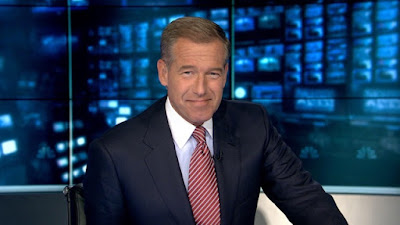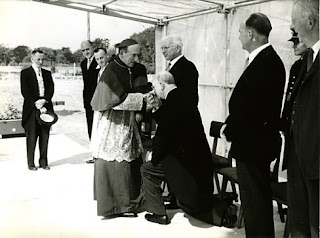James Stephens is a Dublin writer from the turn of the 19th Century, the time of the Celtic Revival and the age of Irish independencem, the era that produced Yeats, Joyce, George Russell and set the bar for Beckett and Behan and today's writers like Toibin and others. James Stphens wrote a book,
'The Insurrection in Dublin.' In this he documented the six days of hostilities as republicans under Connolly and Pearse sought and fought separation from London, describing Easter Monday 1916 as a day with "the rumour of war and death in the air."
According to Stephens, the republican offensive commenced at 1100 and ended at 0400 the following morning. James Stephens opened Chapter 1 with a swift account of the Saturday and Sunday that preceeded the rising, and thereaftr in detail documented his experience of the city for each day of the fighting, from Easter Monday 1916 to the Saturday after.
Here's how his preface began:
"The day before the rising was Easter Sunday, and they were crying joyfully in the Churches “Christ has risen.” On the following day they were saying in the streets “Ireland has risen”."


















































